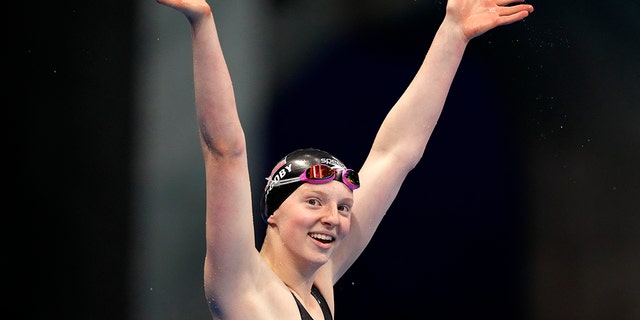
That was not possible in the past,” Canary says. “We have replay people at home, we have graphics people here for Sunday Night Football. Instead, the “shot pickers” as they are called, are set up in a ballroom at the Marriott hotel in downtown Stamford about a mile away, with graphics and editors working out of the main building.

Those protocols meant that NBC’s “Highlights Factory,” a team that watches every event to spot clips and turn them around for highlights to be used on-air and shared on social media, couldn’t work in the same room. Standard-sized offices were turned into control rooms, and a space usually used for storage now houses broadcast booths.Īlso a necessity for these Olympics: Social distancing protocols. “We invented workflows that we would only have dreamt about in the past, and that became a necessity.”Īnd it wasn’t just a conference room that was repurposed. “So we have our producer and assistant director in a room here, a conference room with monitors, which is working with Sky in London, which is working with the volleyball ,” Canary said. Instead, they took an empty conference room in Stamford and repurposed it. meant that NBC couldn’t fly some key crew to London. Last minute travel restrictions instituted by the U.K. In fact, all of NBC’s indoor volleyball coverage originated from London … after the company dealt with one significant hiccup. The International Broadcast Center in Tokyo and NBC Sports’ Stamford headquarters were the main hubs (NBC has two control rooms in the IBC, and 10 in Stamford, including mobile production trucks), but control rooms and studios at Rockefeller Plaza, CNBC’s headquarters in Englewood Cliffs, New Jersey, and Telemundo’s facility in Miami, Florida were all put to use, as was space at Comcast-owned Sky in London. “This is the first year where our footprint here has eclipsed our footprint in-country,” Canary says. The company reduced its footprint on the ground in Japan (though it still had some 1,600 staffers in the country), and shifted production across its facilities around the world. “As capable as we were, we had to expand significantly,” says NBC Sports VP of engineering Tim Canary, who led the tour of NBC’s Stamford facility.

“I think we cast a pretty wide net,” Gschwind says, noting that “we didn’t look only at people we thought would win a gold medal,” but rather anyone who could be in the finals, or from an interesting place.īut if the friends and family effort is the most visible pandemic-spurred change to how the company covers the Olympics, the efforts behind the scenes were even more complicated. In the event of a big win, producers in the friends and family control room would cue up the video of those celebrating, and send it out for broadcast, or for sharing on social media. “I think we have captured that, but more, in a way, because we are more intimately in people’s homes.” “Family has always been a part of the coverage, you think of Michael Phelps’ mom in the stands, and eventually his wife and baby in the stands, or the Raismans doing every move with Aly Raisman in her gymnastics routine,” Gschwind says. The fruits of that labor? The viral footage from Seward, the feed of gymnast Suni Lee’s family reacting with excitement in Minnesota as she secured the all-around gold medal, or swimmer Caeleb Dressel crying as he video chatted with his family for the first time after winning gold in the 100M freestyle.

The pandemic upended how NBC produces televises the Olympics, but while most of those changes happened behind-the-scenes, one effort has been present every night of the games: The company’s “Friends and Family” strategy, trying to bring the celebrations that are happening in homes and hometowns around the country to viewers at home.ĭuring normal times, NBC would have cameras trained on the family members of Olympic athletes in the stands, but without fans in Tokyo, the company had to improvise. I don’t think that we necessarily knew that she was going to win a gold medal, or that there would be such an amazing reaction back home. “We knew that Lydia Jacoby was the first swimmer from Alaska, so we were interested in that location. “It was a really awesome moment that we wouldn’t have necessarily expected was going to happen,” says NBC Olympics coordinating producer Lee Ann Gschwind. Carol Burnett Toasted by Star-Studded Guest List at 90th Birthday Special: "She's Exactly the Person That You Hope She Would Be"


 0 kommentar(er)
0 kommentar(er)
